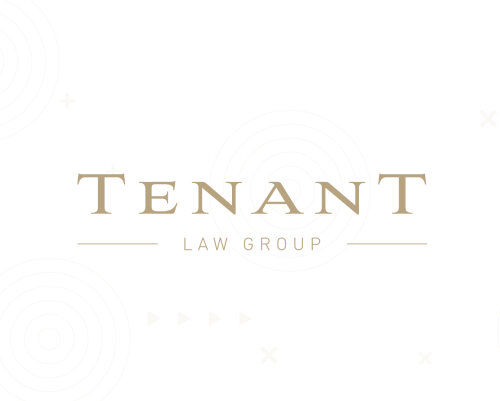Best Foreclosure Lawyers in San Francisco
Share your needs with us, get contacted by law firms.
Free. Takes 2 min.
Free Guide to Hiring a Real Estate Lawyer
List of the best lawyers in San Francisco, United States
About Foreclosure Law in San Francisco, United States
Foreclosure Law in San Francisco is mostly governed by California state law. When a borrower fails to fulfill their mortgage obligations, lenders may resort to foreclosure - a legal process where a mortgaged property is sold to pay off a mortgage loan that the borrower can't keep up with. There are two types of foreclosure: Judicial and Non-judicial, although Non-judicial is the most common type in California. This process involves many specific rules regarding notice requirements and foreclosure timelines, making it essential for those facing foreclosure to be informed.
Why You May Need a Lawyer
Foreclosure issues can be complex, and navigating them without legal assistance can be challenging. Here are situations where hiring a foreclosure lawyer might be beneficial: First, if you've been served with a notice of default and you want to keep your house. A lawyer can help you explore options such as loan modification, short sale, or bankruptcy. Second, if you suspect the lender has failed to follow foreclosure procedures, or believe the terms of your loan are unlawful, a lawyer can provide legal guidance and actions. Lastly, if you lose your house to a foreclosure and the sale doesn’t cover your loan, a lawyer can assist in guarding against a deficiency judgment.
Local Laws Overview
The key aspects of local laws relevant to Foreclosure in San Francisco, United States include: a lender’s pre-foreclosure obligations that include attempts to contact the borrower to discuss options to avoid foreclosure, notice and timing requirements which set out exactly when and how lenders can proceed with a foreclosure, and post-foreclosure rights including the borrower’s right to redeem the property within a specified period.
Frequently Asked Questions
Can I stop a foreclosure process once it has begun?
Yes, there are options such as bankruptcy, pursuing a loan modification, or filing a lawsuit to stop foreclosure.
What happens to my credit score after a foreclosure?
A foreclosure can significantly lower your credit score and can stay on your credit report for seven years.
Are there alternatives to foreclosure?
Yes, alternatives include loan modification, short sale, or deed in lieu of foreclosure which can have less severe impact on your credit score than a foreclosure.
Can I retrieve my property post-foreclosure in San Francisco?
Yes, California law allows a borrower to reclaim their property within a certain “right of redemption” period post-foreclosure.
Is a deficiency judgment possible in San Francisco?
Yes, if the house sells for less than the owed amount at a foreclosure sale, lenders may sometimes have the right to pursue the leftover debt.
Additional Resources
The following resources can be helpful for residents dealing with foreclosures: The California Department of Real Estate provides a guide to home loans, mortgages, and foreclosure avoidance. The San Francisco Housing Development Corporation provides housing counselling that includes foreclosure prevention. Non-profit legal aid organizations such as the Consumer Education and Training Services (CENTS) and the Legal Aid Association of California can also guide homeowners through foreclosure proceedings. The U.S. Department of Housing and Urban Development website offers resources and counseling for homeowners facing foreclosure.
Next Steps
If you need legal assistance in a foreclosure proceeding, you should consider contacting a local foreclosure attorney who is familiar with San Francisco and California laws. They can help you understand your rights and options, potentially negotiate with your lender, and provide representation if needed, especially if your case ends up in court.
Lawzana helps you find the best lawyers and law firms in San Francisco through a curated and pre-screened list of qualified legal professionals. Our platform offers rankings and detailed profiles of attorneys and law firms, allowing you to compare based on practice areas, including Foreclosure, experience, and client feedback.
Each profile includes a description of the firm's areas of practice, client reviews, team members and partners, year of establishment, spoken languages, office locations, contact information, social media presence, and any published articles or resources. Most firms on our platform speak English and are experienced in both local and international legal matters.
Get a quote from top-rated law firms in San Francisco, United States — quickly, securely, and without unnecessary hassle.
Disclaimer:
The information provided on this page is for general informational purposes only and does not constitute legal advice. While we strive to ensure the accuracy and relevance of the content, legal information may change over time, and interpretations of the law can vary. You should always consult with a qualified legal professional for advice specific to your situation.
We disclaim all liability for actions taken or not taken based on the content of this page. If you believe any information is incorrect or outdated, please contact us, and we will review and update it where appropriate.














